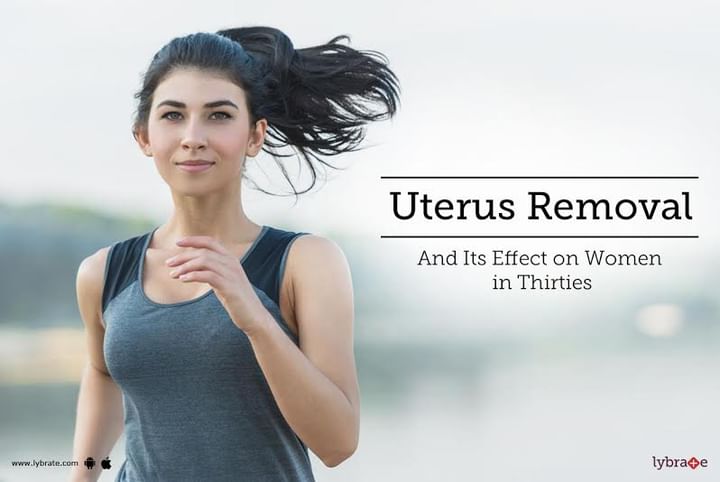Uterus Removal and Its Effect on Women in Thirties
The removal of the uterus is known as a hysterectomy. This is a fairly common procedure and may or may not include the removal of the ovaries as well. A hysterectomy may be partial or complete and can be performed abdominally, vaginally or laparoscopically. A partial hysterectomy includes only the removal of the uterus and leaves the cervix in its place. A complete hysterectomy removes both the uterus and the cervix.
There are many reasons for women to undergo a hysterectomy. Treatment of uterine fibroids, endometriosis, uterine prolapsed and cancerous growths are the most common amongst these. There are alternatives to a hysterectomy in most cases and hence, a woman should know all the details about her case before undergoing such a surgery. The only case where hysterectomy is the only solution is in the case of cancerous growths.
The uterus does more than just act as a home for a growing fetus. Hence, the removal of a woman uterus can have a significant effect on her health.
Inability to bear children: For a woman in her thirties, the inability to bear children is the biggest effect of a hysterectomy. Some women may also experience a lowered libido. This is seen mostly in cases where the ovaries are removed along with the uterus. Some women may also face difficulties achieving an orgasm.
Anatomical changes: When the uterus is removed the spine compresses and makes the rib cage move downwards. This makes the hip bones move outwards and widen. As a result the anatomy of a woman changes to give her a wider waist and protruding belly. She may also lose a little height. Vaginal dryness is another physiological change that is triggered by a hysterectomy.
Surgical menopause: If the hysterectomy surgery includes the removal of ovaries, it is followed instantly by menopause. This is regardless of your age. If the ovaries are left intact, there is a risk of menopause occurring within the next five years. Some of the symptoms of menopause are:
- Hot flushes
- Depression
- Insomnia
- Fatigue
- Irritability and
- Vaginal dryness
Depression: Depression is a common side effect of a hysterectomy when it is performed on women in their thirties. The inability to bear children is partly responsible for this. This depression is usually temporary as long as the woman has a good support system in the form of friends and family. In some cases, this depression could also give rise to suicidal feelings. If you wish to discuss about any specific problem, you can consult a gynaecologist.



+1.svg)
